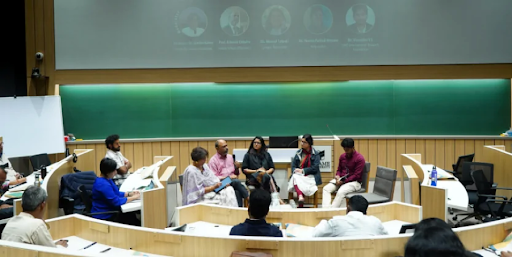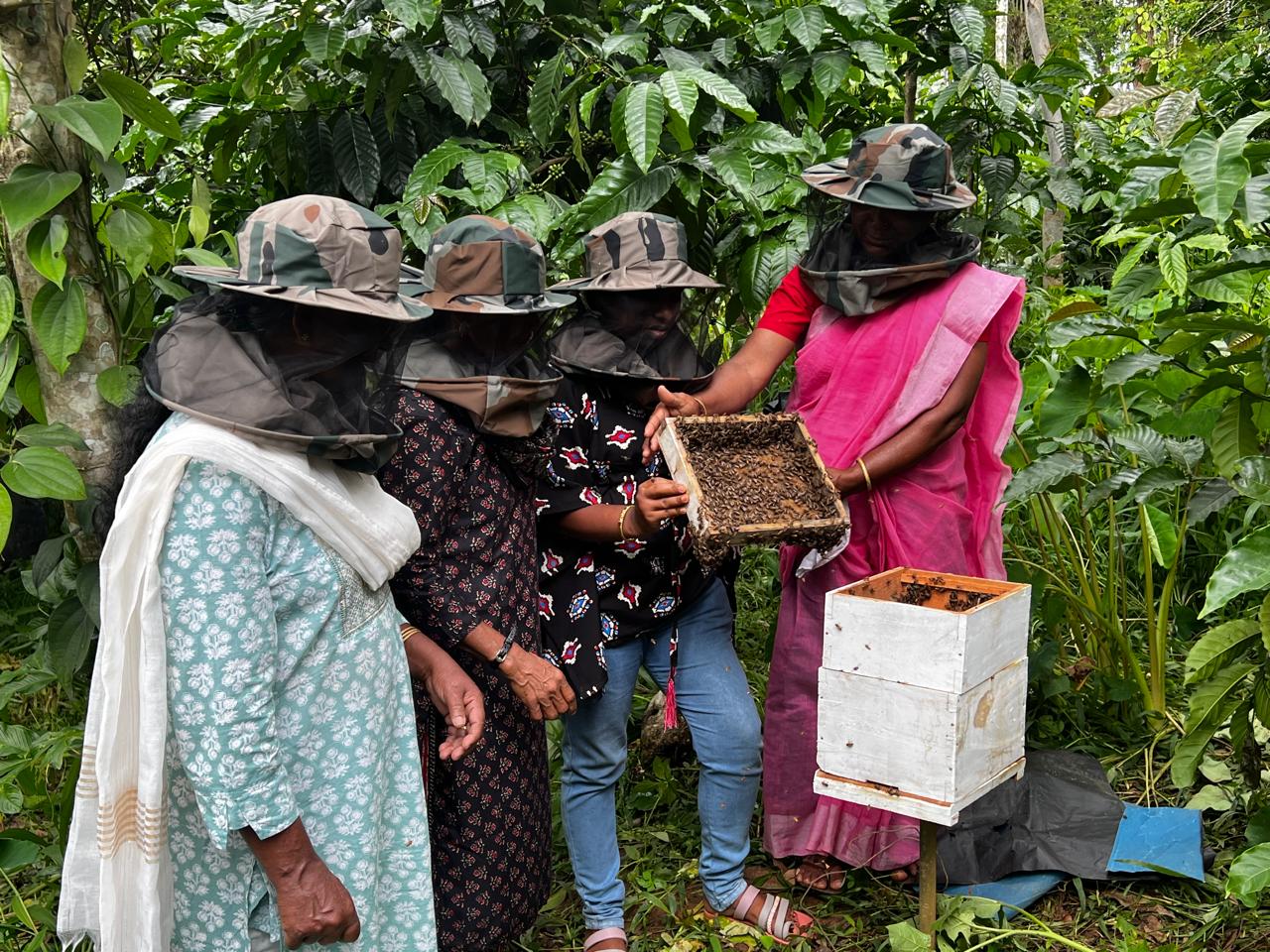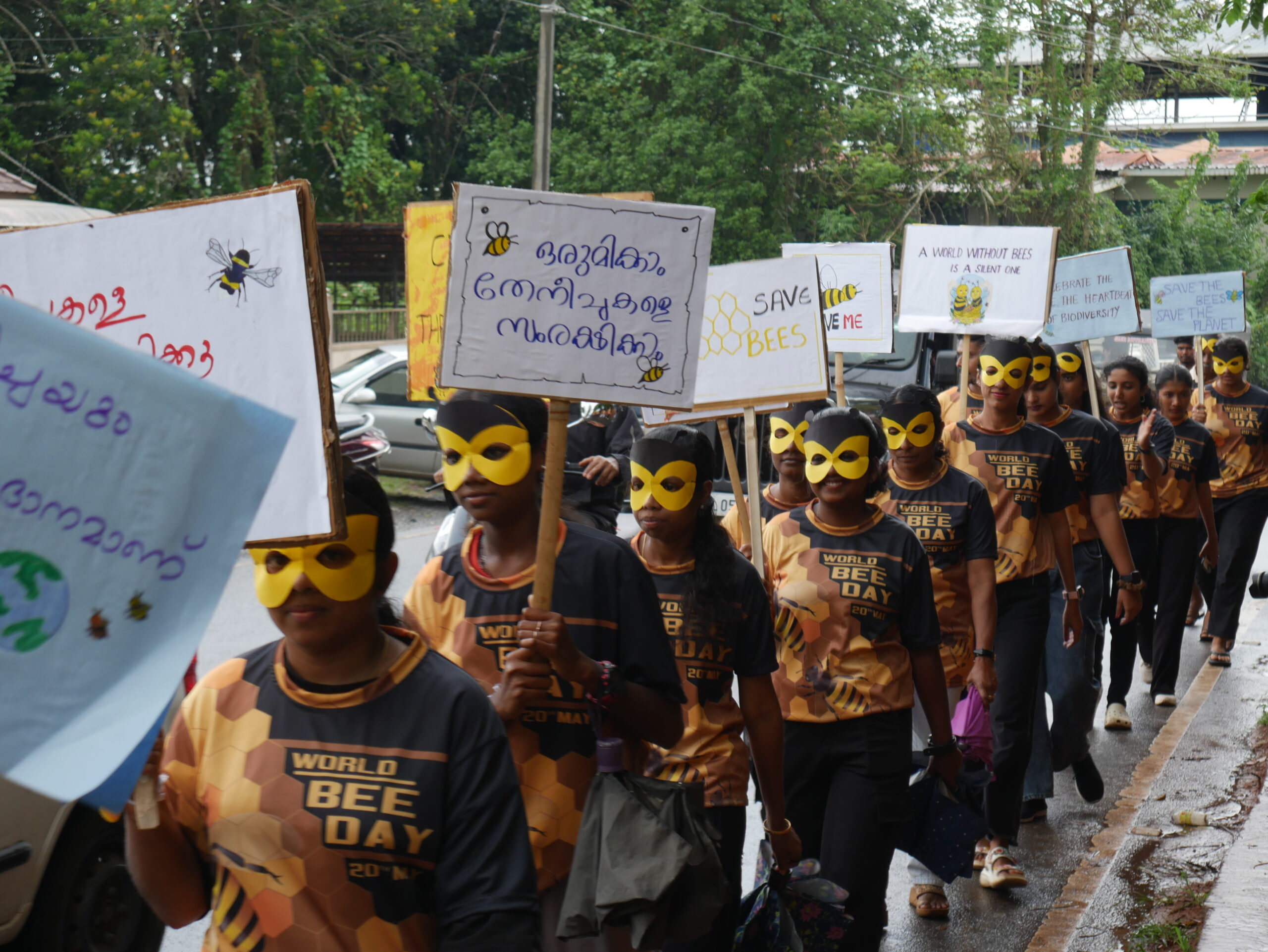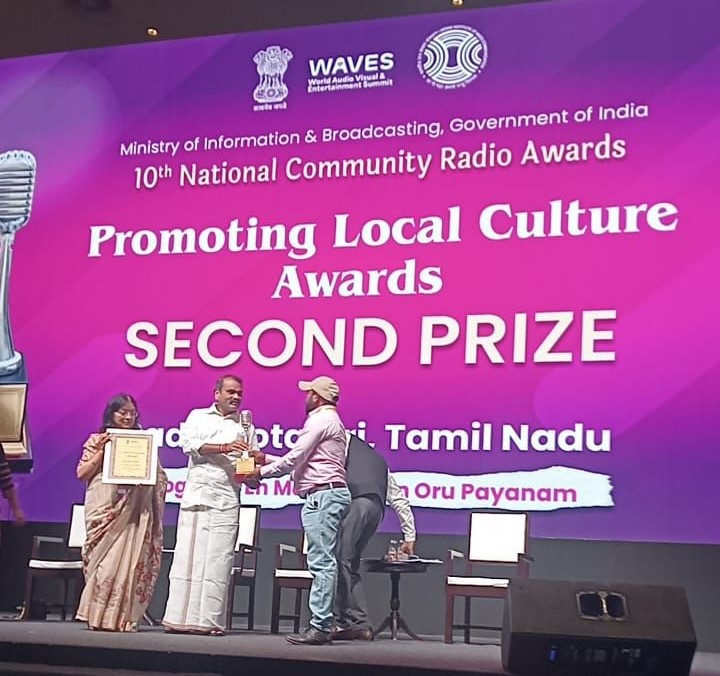By Faisal Rehman, Programme Coordinator, People and Nature Collectives
Mounthees Kuttan and Faisal Rehman from the Biodiversity Conservation and People and Nature Collectives programmes participated in an Indian Council of Social Science Research (ICSSR) sponsored and FLAME University organized national seminar titled “Shaping the Future – Trends and Perspectives in Indian Biodiversity Conservation and Sustainable Development” on the 10th of January 2025 in Pune.
The participants from Keystone Foundation spoke in a panel on ‘Indigenous Knowledge Systems and Practices’. Passed down through generations, Indigenous knowledge systems have played a crucial role in India’s conservation efforts. These traditions, deeply intertwined with land, water, and forests, have long supported ecological balance and resilience in local environments. Traditional Ecological Knowledge (TEK) has been instrumental in preserving biodiversity, maintaining soil health, conserving water, and ensuring sustainable resource management. The Forest Rights Act of 2006 marks a significant milestone in legally recognizing the historical rights of Indigenous and local communities to forest lands and resources. This legislation is a key step toward incorporating traditional wisdom into modern forest governance while promoting environmental justice.
However, Indigenous knowledge systems are often overlooked in conservation policymaking. It is essential to acknowledge their value and protect Indigenous intellectual property to prevent this knowledge from being sidelined amid large-scale conservation initiatives, environmental laws, and climate change challenges. As the world faces pressing issues such as climate change, biodiversity loss, and social inequities, Indigenous wisdom offers crucial insights into sustainable development and resilience.
The conference highlighted the indispensable role of Indigenous Knowledge Systems in India, encouraging discussions on their historical, ecological, and socio-cultural significance, and explored how these traditional practices can be integrated into contemporary conservation strategies while addressing the impacts of urbanization, climate change, and evolving societal dynamics. Renowned political ecologists, conservation practitioners, and sustainable development organisations like Nitin Rai, Asmita Kabra, Kalpvriksh, BAIF etc. participated in the seminar.


















